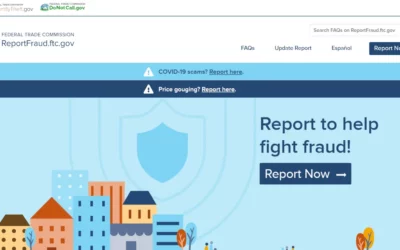Tax planning involves taking advantage of all legal deductions, exemptions, business expenses, and other means to legally lower one’s tax liability. It is both legal and ethical.
On the other hand, through Tax Avoidance one tries to skirt the law and pay no or low taxes. It might be legal but is considered unethical business or personal practice because it violates the spirit of the law.
Tax planning is the best practice all small business owners should take to heart. Learn to have proper expense classes and keep the receipts with details to backup the bookkeeping record. Don’t wait until the last minute to plan and prepare for taxes. If you pay estimated tax and file IRS Form 1040-ES keep up to date and accurately track your revenues to avoid penalties and fines.
It is critical to have your accounting/bookkeeping records up to date. Save your receipts for everything that you plan to use as a deduction or business expense. Legally and ethically take all deductions, exemptions, business expenses that are rightfully yours to claim.
And most of all, congratulations on becoming a small business owner. Take a moment to pat yourself on the back.
If you need help getting your bookkeeping record straightened out, give C&M Bookkeeping, LLC a call to setup a free consultation.



0 Comments